Health & Safety
On the 28h of November 2018 Fabio R Collamati and Antonio R Satta, namely the EDiSU Advisor/Consultant on matters of Health & Safety and the EDiSU Health & Safety Officer will meet the Collegio Volta and Collegio Golgi freshers. The meeting will take place at 6.03 pm in the College lecture theatre. All Volta students who entered College on or after the 1st of September 2018 must attend this meeting and EDiSU will monitor attendance.
Although the majority of Volta freshers attended a College Health & Safety meting on 2 October 2018, Collegio Volta is specially pleased to see that EDiSU is taking a pro-active role on Helth & Safety matters and requests that freshers, include ones with evening classes, attend the EDiSU Health & Safety meeting without exception.
Multi-omic Biology
On the 15h of November 2018 Luca Pandolfini of Cambridge University will give a seminar entitled Multi-omic analysis of epigenetics and RNA modifications at 2.00 pm in the College lecture theatre. In his talk L Pandolfini will discuss how a multi-omic approach may offer a powerful discovery path for studying fundamental biological processes as well as disease mechanisms.
All College students are invited to attend, especially those reading Medicine, Biology, Biotechnology and Pharmaceutical Sciences. The poster of the lecture can be downloaded here. Further information about the seminar, including abstract, references and a short biography of the speaker can be found at this page.
Image: a small inhibitor of a cellular RNA molecule. Courtesy of Y Xu and colleagues at Duke University.
Multi-omic analysis of epigenetics and RNA modifications
15th November 2018.
Luca Pandolfini, University of Cambridge, UK
On the 15th of November 2018 Luca Pandolfini of the Gurdon's Institute at the UUniversity of Cambridge will give a seminar entitled Multi-omic analysis of epigenetics and RNA modifications at 2.00 pm in the College lecture theatre. In his talk L Pandolfini will discuss how a multi-omic approach may offer a robust path to the discovery of important celllular regulatory mechanisms based on epigenetics or RNA modifications.This is a novel and powerful approach to the study of developmental and disease processes and all College students are invited to attend, especially those reading Medicine, Biology, Biotechnology and Pharmaceutical Sciences. The poster of the lecture can be downloaded here.
Abstract
To unravel the complexity of cell systems it is necessary to comprehensively consider as many descriptors of a cell state as possible (e.g. RNA expression, miRNA and protein levels, and mRNA loading on RISC complex or on translating ribosomes). This talk presents an overview of different projects distilled from a multi-omic approach, which allowed the identification of unexpected yet interesting molecular mechanisms. These include the maintenance of ground state pluripotency via mRNA translation control (1) and the role of METTL3 methyltransferase in sustaining AML leukaemia (2). I will provide a brief historical context to RNA modifications and I will also present unpublished data regarding how m7G methylation of miRNAs controls cancer cell migration.
Biography
L Pandolfini obtained his PhD from Scuola Normale Superiore di Pisa in 2015, under the supervision of Prof. Federico Cremisi, with a project aimed at dissecting the miRNA-mediated translation control of stem cell priming to differentiation (1). The same year he moved to the Gurdon Instute, Cambridge (UK) to work as a Research Associate in Tony kouzarides' lab. Has been studying the novel field of RNA modification epigenetics (or 'epitranscriptomics'). In particular, the focus of his post-doctoral research has been the development of new 'wet' and bioinformatic techniques for mapping RNA modifications, in order to study their role in cancer biology (2).
References
[1] Pandolfini et al., 2016 RISC-mediated control of selected chromatin regulators stabilizes ground state pluripotency of mouse embryonic stem cells - Genome Biol. 2016 May 6; doi: 10.1186/s13059-016-0952-x.
[2] Barbieri et al., 2017 Promoter-bound METTL3 maintains myeloid leukaemia by m6A-dependent translation control - Nature. 2017 Dec 7;552(7683):126-131. doi: 10.1038/nature24678.
Image
A short RNA molecule forming an RNA duplex. These short regulatory RNAs can alter the fate of RNA transcripts and hence gene expression.
Harvey Medical Society
Members of the College will be pleased to learn that the Harvey Medical Society has elected its new executive. The newly elected President, vice President and Secretary of the Society for the academic year 2018/19 are Maria Sampani, Shaul Gordon and Anamaria Solcan Savu respectively.
The Harvey Medical Society, the first of its kind at Pavia, aims to promote the academic and social life of the the students enrolled in the Harvey Medical Course. A large number of Harvey students live and work at Collegio A Volta and the College has made available to the the Harvey Medical Society an office from which members of the executive can coordinate and build the academic work and social initiatives of the Society, some of which will clearly be based at Collegio Volta.
Welcome Day
The Chancellor of the University and the EDiSU President would like to offer their welcome to all students of the University of Pavia living and studying in EDiSU Colleges. The meeting will take place on the 29th of November at 6.30 pm and will also involve a testimony by a former College student.
This is a nice social event and an opportunity to meet students from other Colleges. Members of Collegio Volta therefore are stroungly encouraged to participate.
English Courses
College has received confirmation from EDiSU yesterday that the arrangements for the English Courses have been finalised. The arrangements involve a major and positive change compared to previous years, as detailed below.
Courses
Volta, the first College in Pavia to offer Courses in English language, is committed to give every College student the opportunity to learn English at level C1, a grade that opens the door to postgraduate studies at English and USA Universities and provides a strong foundation for successful applications and interviews for jobs outside Italy and in Italy that require fluency in English language. Starting from this year the English Courses will be offered not by a private school but by the Centro Linguistico of the University of Pavia that will ensure the highest possible level of teaching. Three Courses will be offered at Collegio Volta chosen between the A1, A2, B1, B2 and C1 levels. The three levels chosen will depend upon the results of the placement tests (see below). The study of English at Volta is free as the English Courses are funded by EDiSU, as they were last year, and placement and exit tests are funded by the College itself.
Placement Tests
Students who entered College on or after 1 September 2017 have to enter an online placement test in English language. Exceptions are three categories of students, namely: (i) members of Volta whose native language is English, (ii) students who hold a C1 or higher (C2) certification in English in a recent IELTS examination and, (iii) students whose level of English is below a C1 but who opt to enter the College-based French or German language Courses in 2018/19 because they plan to apply for an Erasmus fellowship and placement at a French or German University.
In summary, as discussed at the time of admission, every student who gained a placement in College on or after 1 September 2017, needs to attend one of the language Courses throughout the year. Although the College holds partial data on students who fall in categories (ii) and (iii), these students are asked to confirm their certification and/or the choice of the French or German Courses with a brief email to the College Director before Friday 9th of November 2018 in order to finalise the lists of students entering the English placement test during the weekend (Saturday/Sunda 10/11th of November) and enable these students to sit the test starting from Monday the 12th of November. The placement test in use at Volta is the Oxford Online Placement Test (OOPT) developed by Oxford University and delivered by Oxford University Press. A number of students who entered College in 2017/18 sat the placement test last year. These students are requested to resit the test in order to assess the degree of improvement in their level of English as a result of the Course they attended last year.
Finally, all students admitted to Volta before 1 September 2017 are welcome naturaly to sit the placement test and enrol in the English Courses. These students however will not be entered by default and need to confirm their intention to enrol in the English Courses with an email to the College Director before Friday 9th of November 2018. All students due to sit the placement test will receive an email from Oxford University Press confirming the availability of the test and details for access.
Classes
Upon completion of the placement tests and analysis of test results, College will be in the position to confirm the levels of the three Courses offered at Volta in 2018/19 as well as the day(s) of the week, time and rooms in which the Courses will take place.
Study Plans
College requests all undergraduate students and all students of MSc Courses (Lauree Magistrali) to submit their study plan (an example of the format required is available here, students who have difficulties in producing this file from their page should seek help from fellow students who know what to do.
Students should also list in their email which exams they plan to sit at the end of semester 1. Students unsure about the possibility of sitting specific examination(s) should list these examinations and indicate that the sitting is probable as opposed to certain.
College requires this information by Monday the 12th of November. Students unable to supply this information by this date should write to the College Director and explain the reason for the delay.
Students Committees 2018/19
In October 2018 College students elected a new, 6 member strong executive of the Volta Students' Union (3 undergraduates and 3 postgraduates). Elected committee members are listed below. F Lupoli and and M Abou Allez served in the Committee one semester each because they had secured the same number of votes at the election.
Volta Students' Union Executive
Name: Alessandro S Papa (President)
Course: Medicine (Golgi), Year 4
Roles: Social and Sport
Name: Natalia Khenkina
Course: Medicine (Harvey), Year 6
Reoles: House
Name: Francesco Cervellera
Course: Medicine (Golgi), Year 3
Roles: Library, teaching and IT
Name: Corrado Regalbuto
Course: Paediatrics (Specialty School), Year 3
Roles: Social and Sport
Name: Elizabeth Iskandar
Application in progress (Specialty School)
Roles: House
Name: Federica Lupoli
Course: Molecular Biology and Genetics (MSc), Year 3
Roles: Library, teaching and IT (semester 1)
Name: Monah Abou Allez
Course: Genetics, Molecular Biology and Cell Biology (PhD), Year 2
Roles: Library, teaching and IT (semester 2)
Consulta dei Giovani
Ilaria Cristiani, a professor at the Department of Construction Engineering and a key member of local government (she is Head of the Departments of Environment, Innovation, Education and Youth Policies of the Pavia City Council) has launched Consulta dei Giovani, a new think tank to advise Council on youth policies.
In a further positive development, Ilaria Cristiani has opened the membership of the think tank to College students and thus I am tabling the item for discussion at the first meeting of the newly elected executive committee of the Volta Students' Union (VSU) next week. I would be grateful, in the mean time, if all College students could take time to read through the papers defining the constitution, rules and application for membership of Consulta dei Giovani. Members of Volta are given the opportunity to play an important role in shaping youth policies in Pavia through Consulta dei Giovani and hopefully will take this opportunity in order to deliver ideas and proposals.
Image: a debate of the UK Youth Parliament Members debate in the House of Commons / Source: Parliamentary Copyright
Mechanosensation
On the 14th of November 2018 Marco Lolicato of the University of California San Francisco will give a seminar entitled A structural approach to mechanosensation at 2.00 pm in the College lecture theatre. In his talk M Lolicato will discuss the strategies available for the study of the structural basis of mechanosensation, the process that enable living cells to sense and respond to the physical environment in which they live.
All College students are invited to attend, especially those reading Medicine, Biology, Biotechnology and Pharmaceutical Sciences. The poster of the lecture can be downloaded here. Further information about the seminar, including abstract, references and a short biography of the speaker can be found at this page.
Image: a cell response to a change in the physical environment.
More...
A structural approach to mechanosensation
14th November 2018.
Marco Lolicato, University of California San Francisco, USA
On the 14th of November 2018 Marco Lolicato of the University of California San Francisco will give a seminar entitled A structural approach to mechanosensation at 2.00 pm in the College lecture theatre. In his talk M Lolicato will discuss his approach to the structural analysis of this important but poorly understood familty of mechanosensitive channels that enable the cells of living organisms to respond to their physical envirnoment. This is a novel an exiciting area of biological and medical research and all College students are invited to attend, especially those reading Medicine, Biology, Biotechnology and Pharmaceutical Sciences. The poster of the lecture can be downloaded here.
Abstract
Feeling the mechanical force is at the origin of the sensory perception. Mechanosensitive ion channels are the molecular machines able to ‘sense’ membrane tension via conformational changes adopted to follow bilayer deformations. We have investigated the polymodal thermo- and mechanosensitive two-pore domain potassium (K2P) channel of the TREK subfamily with a biophysical approach to unravel channel function. These channels generate 'leak' currents that regulate neuronal excitability, respond to lipids, temperature and mechanical stretch, and influence pain, temperature perception and anaesthetic responses. These dimeric voltage-gated ion channel (VGIC) superfamily members have a unique topology comprising two pore-forming regions per subunit. In contrast to other potassium channels, K2P channels use a selectivity filter 'C-type' gate as the principal gating site. We have studied the molecular basis of selectivity and gating in the mechanosensitive members of the K2P family, TREK-1 and TRAAK, unravelling the mechanism of channel activation by gain-of-function mutants or small molecule binding. Our data suggest that the activation of these channels depends on concerted conformational changes both at the level of the selectivity filter and in the transmembrane region. However, understanding the structural basis of ion channel mechanosensation has been limited by the absence of a valid system to recreate membrane deformations in a structural biology setting. In order to study this mechanism I propose to combine the generation of conformation-selective artificial bilayers with single particle cryo-electron microscopy (cryo-EM) to image mechanosensitive ion channels. In fact, the lipid composition of an artificial bilayer can be modified to prompt conformational changes in ion channels, trapping the protein in ‘open’ or ‘closed’ states.
Biography
Marco Lolicato obtained his PhD from the University of Milano in 2012, under the supervision of Prof. Anna Moroni and Prof. Martino Bolognesi, with a project aimed at uncover the mechanism for the different behavior of three hyperpolarization- activated, cyclic nucleotide gated channels1. Later in 2013, he has been appointed as post-doc at the University of California San Francisco in the United States in the laboratory of Prof. Daniel Minor. During his post-doc he has studied the molecular basis of selectivity and gating in ion channels by X-ray crystallography2,3, Cryo-electron microscopy4 and functional studies. Since 2017 he is an Associate Specialist at UCSF and he continues to investigate the structure and function of mechanosensitive ion channels.
References
[1] Lolicato, M. et al. Tetramerization Dynamics of C-terminal Domain Underlies Isoform-specific cAMP Gating in Hyperpolarization-activated Cyclic Nucleotide-gated Channels. J. Biol. Chem. 286, 44811–44820 (2011).
[2] Lolicato, M., Riegelhaupt, P. M., Arrigoni, C., Clark, K. A. & Minor, D. L. Transmembrane Helix Straightening and Buckling Underlies Activation of Mechanosensitive and Thermosensitive K2P Channels. Neuron 84, 1198–1212 (2014).
[3] Lolicato, M. et al. K2P2.1 (TREK-1)-activator complexes reveal a cryptic selectivity filter binding site. Nature 593, 2587–368 (2017).
[4] Dang, S. et al. Cryo-EM structures of the TMEM16A calcium-activated chloride channel. Nature 552, 426–429 (2017).
Image
Structure of the mechanosensitive channel Piezo1. Elife 6: -- (2017).
Mutations in Cancer
On the 8th of November 2018 Laura Riva of the Sanger Centre, Hinxton, UK will give a seminar entitled Mutational signatures in environmental, carcinogen-induced lung and liver tumours at 2.00 pm in the College lecture theatre. In her talk L Riva will present new data from genomic analysis of experimental and human lung and liver tumours as a basis for understanding the origin and progression of such tumours. These studies will prove fundamental for understanding the molecualr and cellular evolution human cancer and for developing new and effective cancer therapies.
All College students are invited to attend, especially those reading Medicine, Biology, Biotechnology and Pharmaceutical Sciences. The poster of the lecture can be downloaded here. Further information about the seminar, including abstract, references and a short biography of the speaker can be found at this page.
Image: a gene network. Courtesy of B Aiello, University of Chicago.
Mutational signatures in lung and liver tumours
8th November 2018.
Laura Riva, Sanger Centre, Hinxton, UK
On the 8th of November 2018 Laura Riva of the Sanger Centre at Hinxton, will give a seminar entitled Mutational signatures in environmental, carcinogen-induced lung and liver tumours at 2.00 pm in the College lecture theatre. In her talk L Riva will discuss the genomic alterations that accompany the development and progression of experimental and human tumours as a foundation for understanding the basis for cancer progression, an area of research with a major impact on future therapies including, notably, precision or personalised approaches to cure. All College students are invited to attend, especially those reading Medicine, Biology, Biotechnology and Pharmaceutical Sciences. The poster of the lecture can be downloaded here.
Abstract
By analysing the catalogue of the somatic mutations present in several cancer genomes, it is possible to understand the mutational processes active in different tumours. In this seminar, I will describe the mutational signatures identified in cancer genomes and their association with many processes that drive cancer. In addition, I will introduce some computational methods that have been developed to discover mutational signatures in cancer genomes. Furthermore, I will describe the signatures of mutational processes present in the genome of mouse tumours following exposure to several carcinogens.
Biography
L Riva received a PhD in Bioengineering at the Politecnico di Milano in 2007. In 2006, she moved to Massachusetts Institute of Technology (MIT), joining the Fraenkel lab as a visiting student supported by the Progetto Rocca MIT-PoliMi Program. There, she developed ResponseNet, a systems biology approach to reveal mechanistic connections between genetic and transcriptional data by integrating multi-omics data. During her postdoctoral training at MIT (2007-2010), supported by the Merck-MIT Postdoctoral Fellowship, she contributed to the understanding of deregulated transcriptional networks through the use of NGS technologies. After receiving the AIRC/Marie Curie International Fellowship in Cancer Research, she joined the Pelicci lab at the European Institute of Oncology in Milan, where she started her research in cancer genomics. In 2012, she joined the Centre for Genomic Science (CGS@SEMM) at the Instituto Italiano di Tecnologia in Milan (https://www.iit.it/centers/cgs-semm) as a team leader, and with her team she developed computational methods to analyse and interpret human cancer genomics data, focusing to the identification of driver genes. In 2017, she joined the Wellcome Trust Sanger Institute in Cambridge (UK), as a Principal Bioinformatician in the Experimental Cancer Genetics lab (Adams lab). She is currently studying mutational signatures of cancer development in response to environmental carcinogens.
Reference
Alexandrov LB et al. Signatures of mutational processes in human cancer. Nature. 2013 Aug 22;500(7463):415-21. doi: 10.1038/nature12477.
Image
Graphical representation of a gene expression network. Courtesy of QG Fu, Tongji University, Shanghai.
Leukaemia Stem Cells
On the 5th of November 2018 Alice Giustacchini, of University College London will give a seminar entitled Single-cell transcriptomics uncovers distinct molecular signatures and dysregulated pathways in stem cells in chronic myeloid leukaemia at 2.00 pm in the College lecture theatre. In her talk A Giustacchini will present new data from single cell analysis of leukaemic cell populations that may prove fundamental for understanding the molecualr and cellular evolution of leukaemias and their impact on clinical progression.
This is a major area of research in cancer biology and medicine. All College students are invited to attend, especially those reading Medicine, Biology, Biotechnology and Pharmaceutical Sciences. The poster of the lecture can be downloaded here. Further information about the seminar, including abstract, references and a short biography of the speaker can be found at this page.
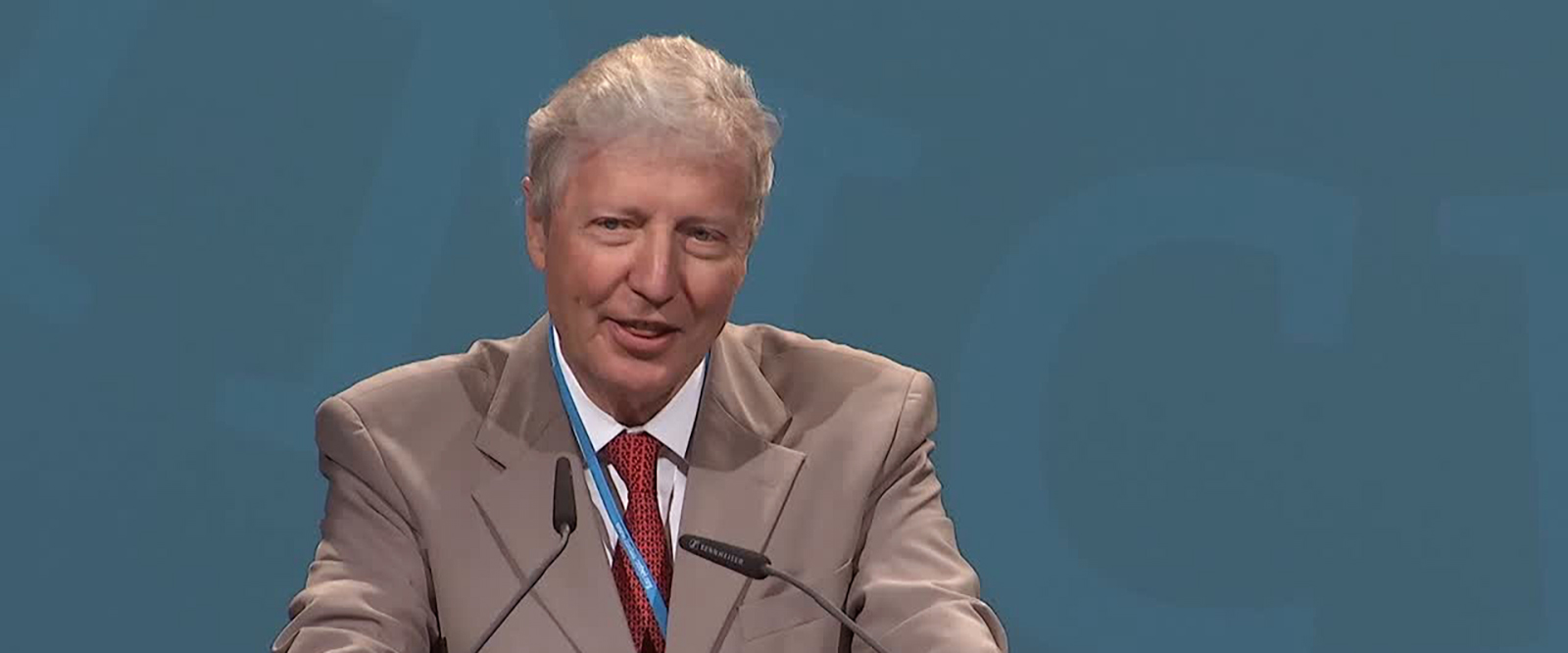
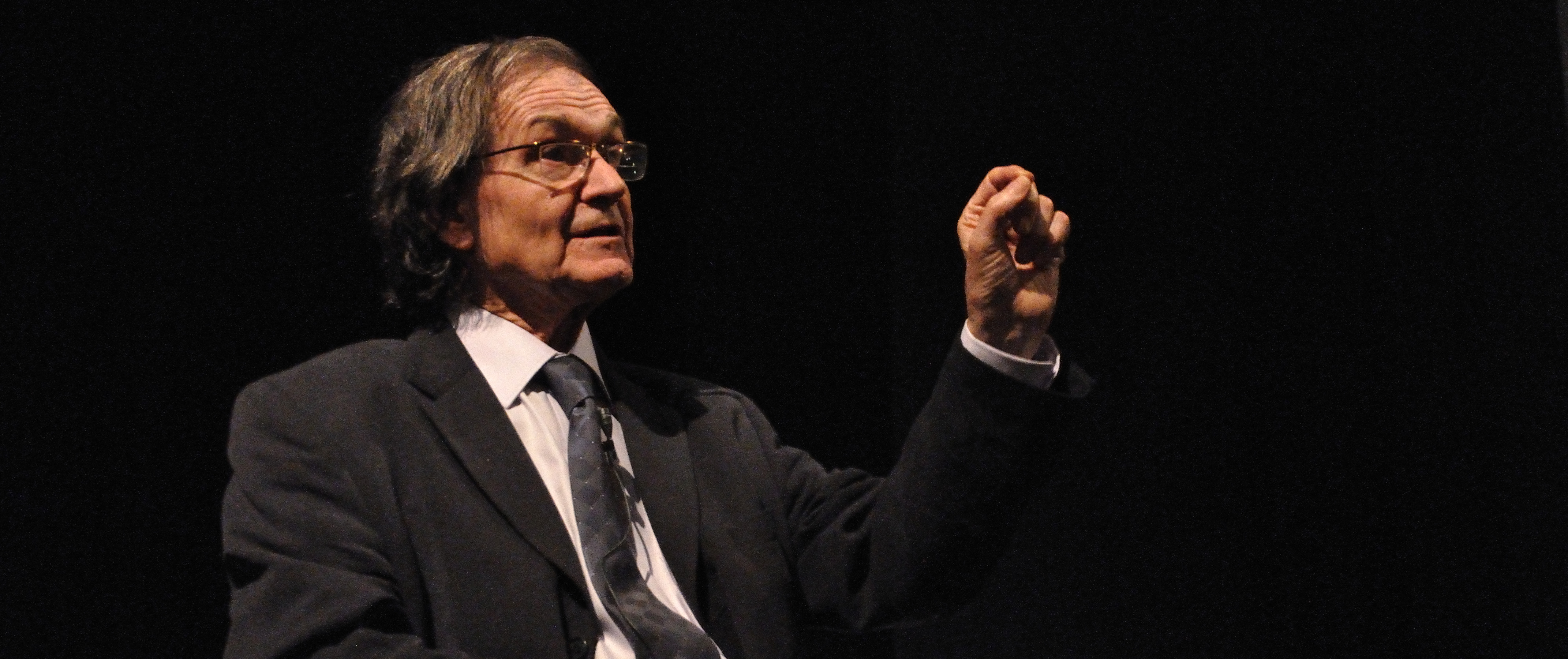
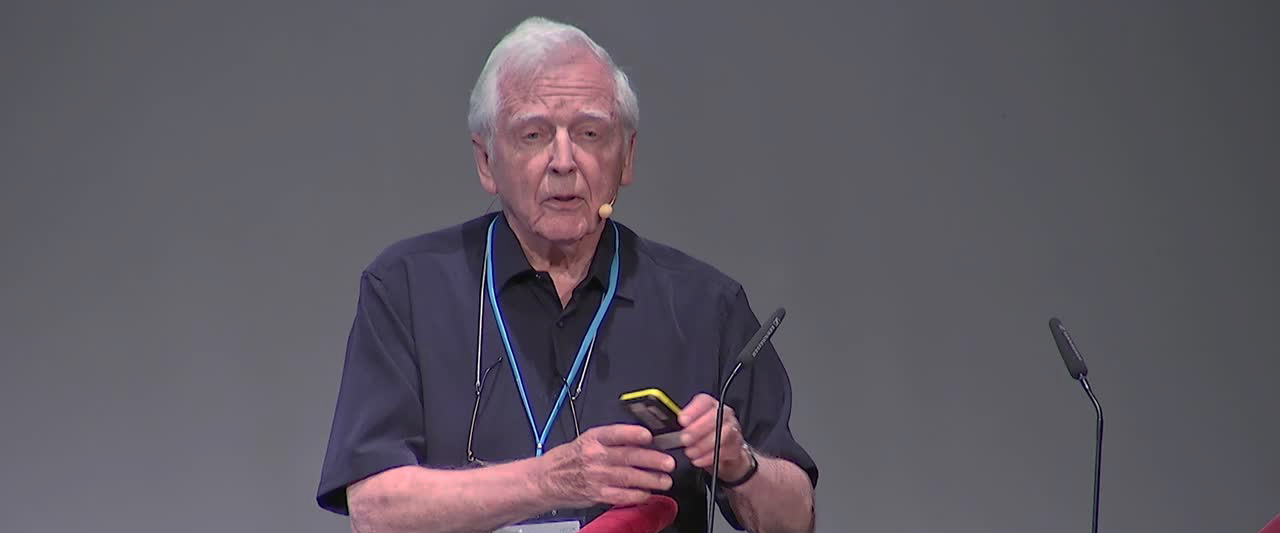
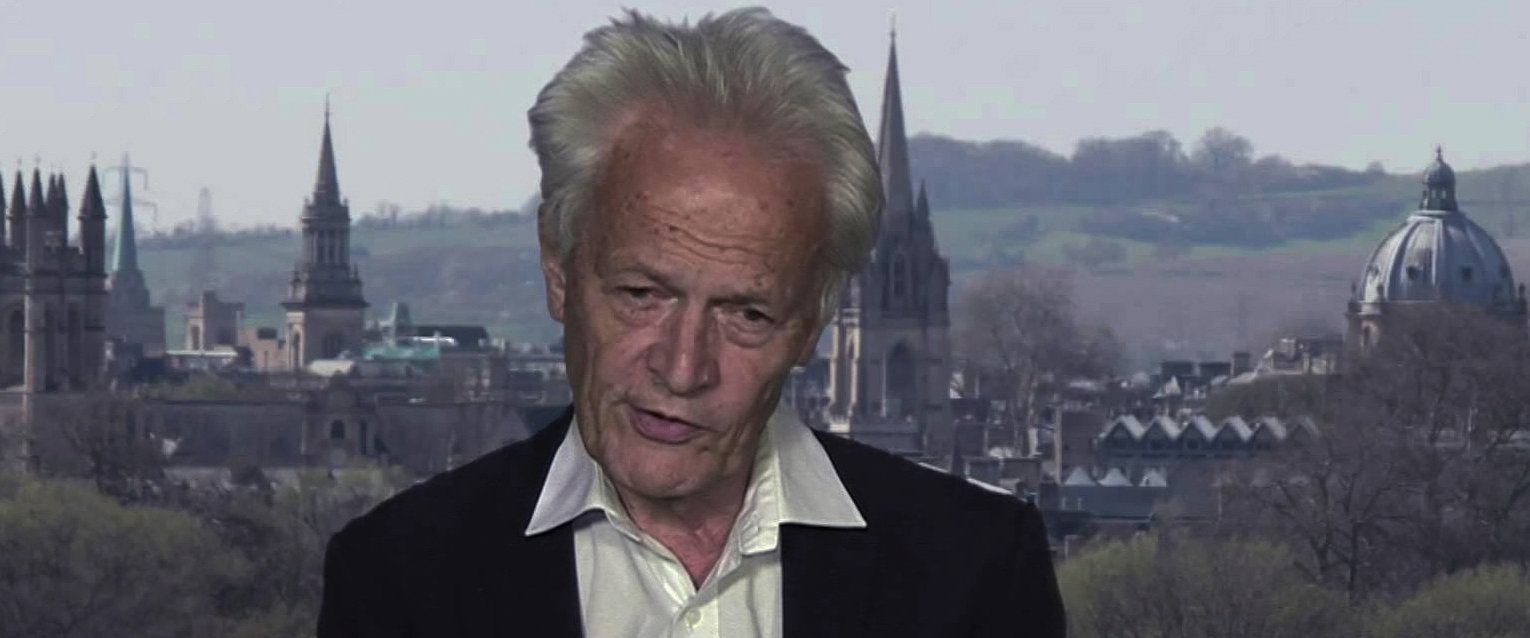
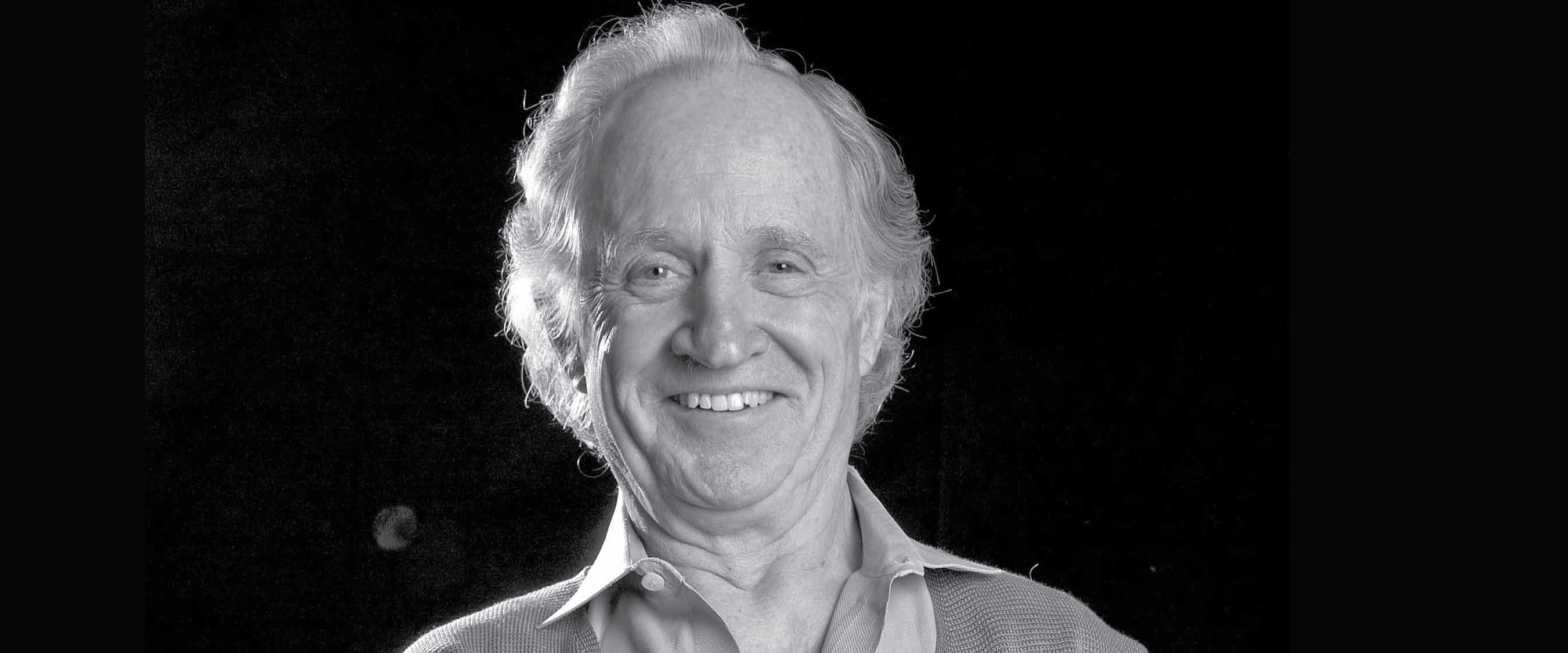
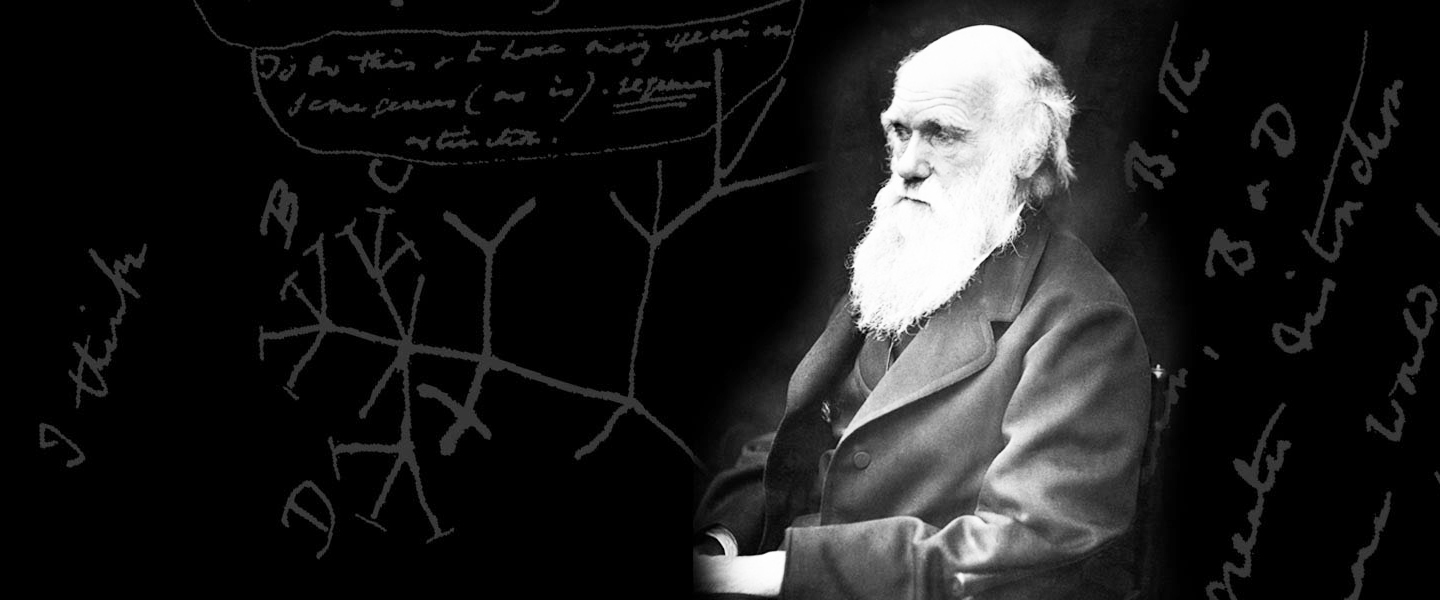



















 Articles
Articles